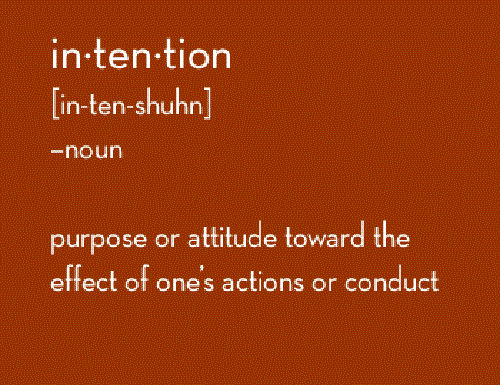Difference Between Motive and Intention

Motive vs. Intent
Motive and intention are both aspects in the field of law and justice. They are also associated with a suspect with the purpose of proving or disproving a particular case or crime.
Motive refers to the reason a crime was committed. It is often the background of the suspect in committing the alleged crime. As a background, motive comes before intent. Unlike intent, motive can be determined, but its existence doesn’t exactly prove guilt. It can be refuted by evidence or an alibi on a suspected person’s part (often referred to as “a person of interest” in criminal jargon). Motive is an initial factor but not a conclusive determinant to link a person to a crime.
Motive also has its basis in the realm of psychology. Motive, as a psychological term, is also known as the drive, and is often classified into two main types –physiological motives and psychological or social motives.
Intent, on the other hand, is the supposed action or purpose of the crime. It is the result of the motive, and has a higher level of culpability, since a harmful action was committed. Intent is characterized as a deliberate action and conscious effort to break the law and commit the offence. Intent resides in the field of law where it is defined as the planning and longing to perform an act. It is present in both criminal law and tort law.
To be specific, a scenario of intent in criminal law often involves the prosecutor in a court of law filing a charge of a crime against a suspect with veritable motive and intent. Since the intent is the final goal of the motive, it needs to be proven in order to prove that the suspect committed the crime. Compared to motive, intent has more legal standing and weight in a court of law and is a requirement to make a case along with the means and opportunity.
As for criminal intent, there are four levels as described in the Moral Penal Code:
(1) Purposely – At this level, the suspect expresses his purpose to commit a specific crime against a particular person.
(2) Knowingly – The suspect has knowledge and consciousness that his actions will be considered a crime in the eyes of the law. However, the suspect can inflict a crime on a person who is not his intended victim.
(3) Recklessly – The suspect knows the risks involved in his actions and the situation but disregards the risk and continues to perform the crime regardless.
(4) Negligently – The suspect does not take into account various possible scenarios that will happen during the action of the crime, which often leads to losing control of the situation and probably causing more casualties.
Summary:
1.Motive and intent are very closely related to each other. Motive precedes intent in terms of action.
2.Motive is rooted mainly in the field of psychology, whereas intent is nestled in the field of law.
3.Motive is the reason behind the intent, while intent is the background of the committed crime.
4.Both motive and intent should be proven beyond a reasonable doubt, but intent has a weightier standing and bearing in a court of law compared to motive.
5.Intent is part of the three aspects to prove the crime (along with means and opportunity), while motive can stand for itself.
6.Motive applies to all persons of interest, which can include the suspect. However, intent can be focused solely on the suspect.
7.Motive is very arbitrary; it cannot prove or justify guilt or the actions pertaining to the crime. A person with a motive can be eliminated or confirmed as a suspect with the help of evidence or an alibi. In the case of intent, the evidence or alibi solidifies the case against the suspect.
- Differences Between Fraternity And Sorority - January 8, 2014
- Differences Between Lucite and Plastic - January 7, 2014
- Differences Between Oil and Butter - January 6, 2014
Search DifferenceBetween.net :
3 Comments
Leave a Response
References :
[0]http://shmakoleinu-hearourvoices.blogspot.in/2012/08/blogelul-3-intentions-of-other.html

Felony Means All Serious Offenses Unlike Misdemeanor
can u explain with some example….
what is the difference between penalty and fine? Which is more severe?